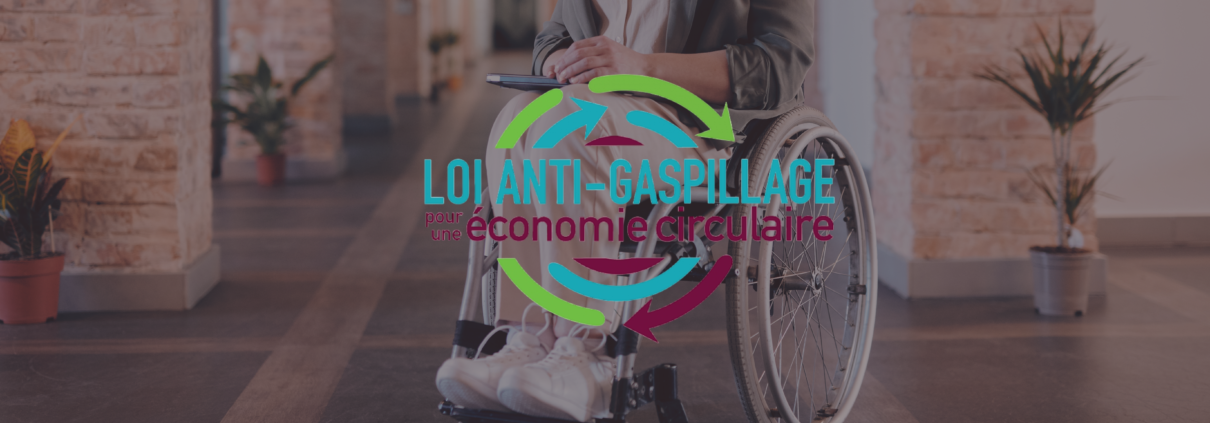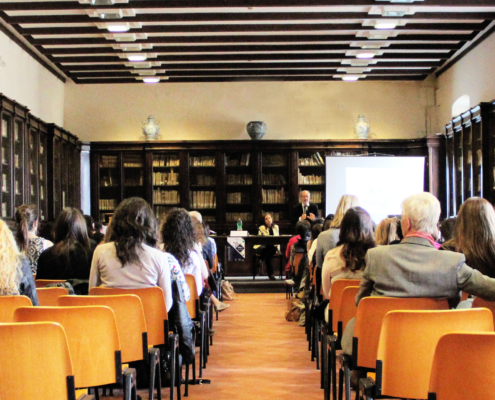AGEC Act: A turning point for the SSE
The 2020 anti-waste law represents a major step forward in the solidarity economy, authorizing the donation of medical equipment for reconditioning by solidarity structures. However, until recently, the rules governing this system were vague, raising questions about its practical application. Now that the detailed rules have been published, it’s time to take stock of this meaningful initiative.
Facilities authorized to donate medical equipment
Public and private healthcare establishments, as well as establishments or services for the elderly, are authorized to donate medical equipment. Service providers and distributors of equipment designed to help people who are ill, incapacitated or disabled to return home and live independently, as well as pharmacies, are also entitled to take part in this scheme. In addition, natural or legal persons engaged in the storage of medical devices and their distribution or export, excluding sale to the public, may also make donations.
Organizations authorized to receive donations
Structures authorized to receive donations of medical equipment must meet specific criteria to ensure responsible and efficient use of these precious resources. Under the 2020 anti-waste law, only associations and social and solidarity economy structures with “social utility solidarity enterprise” accreditation are entitled to receive these donations.












